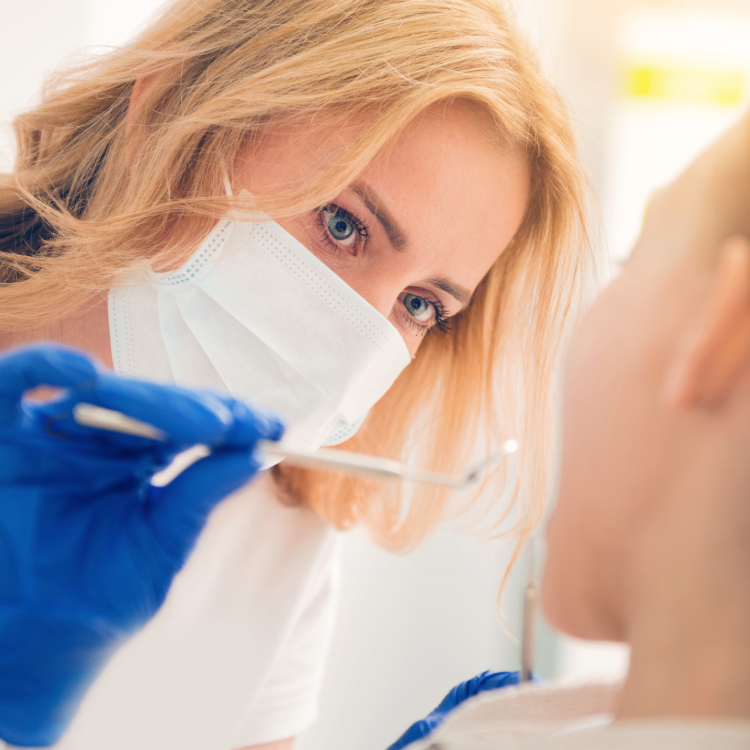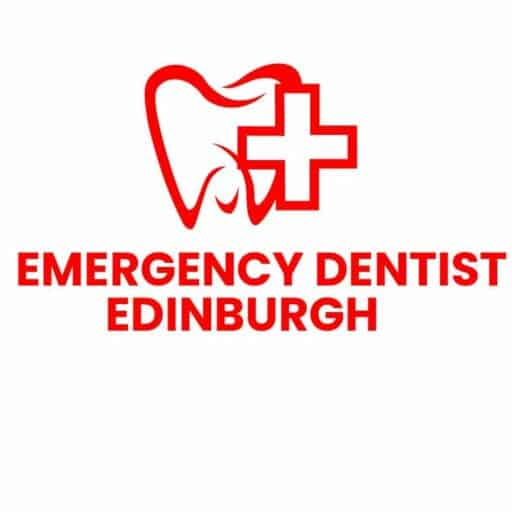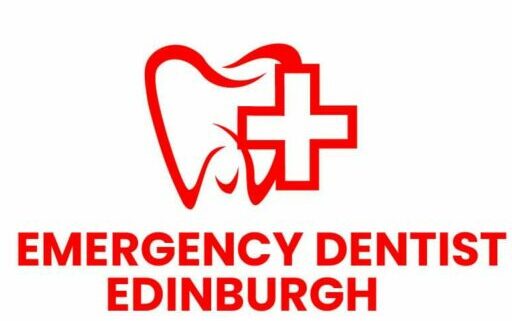Wisdom Tooth Pain Relief in Edinburgh
Emergency Wisdom Tooth Care Available 7 Days a Week in Edinburgh City Centre
At Frederick Street Dental Care, we specialise in the prompt treatment and relief of wisdom tooth pain. Conveniently located in the heart of Edinburgh city centre, we provide emergency dental care 7 days a week, ensuring immediate support when you need it most. Our experienced dental team combines advanced skills with cutting-edge technology to deliver fast, effective relief from wisdom tooth discomfort.
Why Wisdom Teeth Cause Pain?
Wisdom teeth, also known as third molars, typically emerge between the ages of 17 and 25. Often, these teeth can become impacted due to limited space in your jaw, growing in awkward positions or partially erupting through the gums. This impaction can lead to significant pain, swelling, and even infection, dramatically affecting your quality of life.
Common Symptoms of Wisdom Tooth Issues:
- Persistent or throbbing pain around the jaw
- Swelling and redness of the gums
- Difficulty opening your mouth or chewing food
- Bad breath or unpleasant taste
- Headaches and jaw stiffness


Why Choose Frederick Street Dental Care for Wisdom Tooth Emergencies?
Emergency Dental Care, Every Day: We understand that wisdom tooth pain can strike at any moment. That’s why our emergency dental services are available 7 days a week, offering immediate relief and treatment right in Edinburgh’s city centre. With extended hours and weekend availability, help is always just a call away.
Cutting-Edge Technology and Advanced Techniques: Our dental practice uses the latest, state-of-the-art equipment including digital imaging and panoramic X-rays, providing detailed assessments of wisdom tooth positions. Our advanced technology ensures precise diagnosis, minimally invasive procedures, and quicker recovery, giving you peace of mind and faster pain relief.
Highly Skilled and Experienced Dentists: Our dental team consists of experienced professionals who specialize in wisdom tooth pain relief and extraction procedures. They prioritize your comfort, ensuring a stress-free, gentle treatment experience. We aim to resolve your dental concerns efficiently, putting your health and comfort first.
Complete and Personalized Wisdom Tooth Care: At Frederick Street Dental Care, we offer comprehensive services for wisdom teeth issues, including monitoring, pain management, surgical extractions, and post-treatment follow-up care. Our personalised approach means your specific needs are always met, from your initial consultation through to full recovery.
Patient-Focused Care and Comfort: Your comfort is our priority. We provide effective pain management solutions including local anesthesia and sedation options for nervous patients. Our supportive and compassionate environment ensures your experience is calm and reassuring from start to finish.
What to Expect During Your Visit
Initial Consultation and Examination: Your first visit involves a detailed examination using advanced digital imaging to evaluate your wisdom teeth’s condition and pinpoint the cause of your pain.
Tailored Treatment Plan: We create a customized treatment plan designed specifically to address your wisdom tooth issues, whether it involves medication, monitoring, or extraction.
Pain Management and Comfort: Our pain relief protocols, including local anesthesia and sedation dentistry, ensure your comfort throughout the treatment process.
Wisdom Tooth Extraction: If extraction is necessary, our dentists use advanced, gentle techniques designed to minimise discomfort and accelerate healing. Clear aftercare instructions help support a smooth recovery.
Post-Extraction Care and Follow-Up: After your procedure, you’ll receive thorough aftercare advice for managing pain, swelling, and diet. Regular follow-ups guarantee that your recovery is progressing correctly, with any concerns swiftly addressed.
Day Appointments: Toothaches can’t wait, and neither should you. Book an appointment today and get immediate relief.
- Pain Management: We offer quick and effective pain relief treatments to alleviate your discomfort.
- Root Canal Treatment: If the cause of your toothache is due to an infection or abscess, we provide root canal treatments to save the tooth and prevent further damage.
- Tooth Extractions: In severe cases, we may need to extract a tooth to prevent infection from spreading.
Book Your Emergency Appointment Today
Don’t suffer from wisdom tooth pain. Immediate, effective relief is available at Frederick Street Dental Care. Located conveniently in Edinburgh city Centre, our emergency dental team is here to help you 7 days a week.
Call us at 0131 629 1158 or contact us via WhatsApp to secure your emergency appointment and experience fast, professional relief today.
Further Emergency Care
For further tips and advice on dealing with toothache in an emergency situation, please use the following links:
Are you suffering from jaw pain, swelling, or difficulty opening your mouth? These could be signs of an impacted wisdom tooth,
If you’re experiencing sharp, throbbing tooth pain, facial swelling, or sensitivity when chewing, you may have a dental abscess



